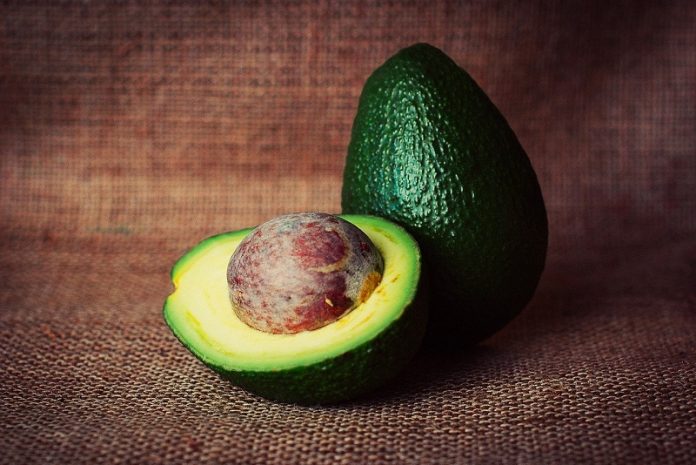
Scientists from Edith Cowan University found that people who eat a diet rich in vitamin K have a much lower risk of atherosclerosis-related heart disease (conditions affecting the heart or blood vessels).
The research was published in the Journal of the American Heart Association and conducted by Dr. Nicola Bondonno et al.
Atherosclerosis is the thickening or hardening of the arteries caused by a buildup of plaque in the inner lining of an artery.
Plaque is made up of deposits of fatty substances, cholesterol, cellular waste products, calcium, and fibrin. As it builds up in the arteries, the artery walls become thickened and stiff.
Atherosclerosis is a slow, progressive disease that may start as early as childhood. However, it can progress rapidly.
When a major artery is blocked, signs and symptoms may be severe, such as those occurring with heart attack, stroke, or blood clot.
Vitamin K is a fat-soluble vitamin that comes in two forms. The main type is called phylloquinone or K1, found in green leafy vegetables like collard greens, kale, and spinach.
The other type, menaquinones or K2, are found in some animal foods and fermented foods.
Previous research has shown that dietary vitamin K (K1 and K2) may reduce the risk of atherosclerotic heart disease. However, studies linking vitamin K intake with heart disease are limited.
In the study, researchers aimed to examine the link between dietary vitamin K intake and hospitalizations of atherosclerosis-related heart disease.
They tested more than 50,000 adults from the Danish Diet, Cancer, and Health Study. These people had no prior heart disease.
They completed a food‐frequency questionnaire and were followed up for hospital admissions of heart disease, stroke, or peripheral artery disease.
Intakes of vitamin K1 and vitamin K2 were estimated from the food‐frequency questionnaire.
During 21 years of follow‐up, more than 8000 people were hospitalized for heart disease.
The team found that compared with people who had the lowest vitamin K1 intakes, people with the highest vitamin K1 intakes had a 21% lower risk of hospitalization.
The effect was similar for vitamin K2. The risk of a heart-disease hospitalization for people with the highest intakes was 14% lower than for people with the lowest vitamin K2 intake.
Based on the findings, the researchers concluded that diets high in vitamin K1 or K2 are linked to a lower risk of atherosclerosis-related heart disease.
They say that the similar benefits of both vitamin K1 and K2, despite very different dietary sources, highlight the potential importance of vitamin K for heart prevention.
If you care about heart attack, please read studies about drug combo that could reduce your risks of heart attack and stroke, and doing this after a heart attack could increase survival.
For more information about heart health, please see recent studies about a big cause of heart failure, and results showing some vitamins may hide heart attacks if you use it too much.



